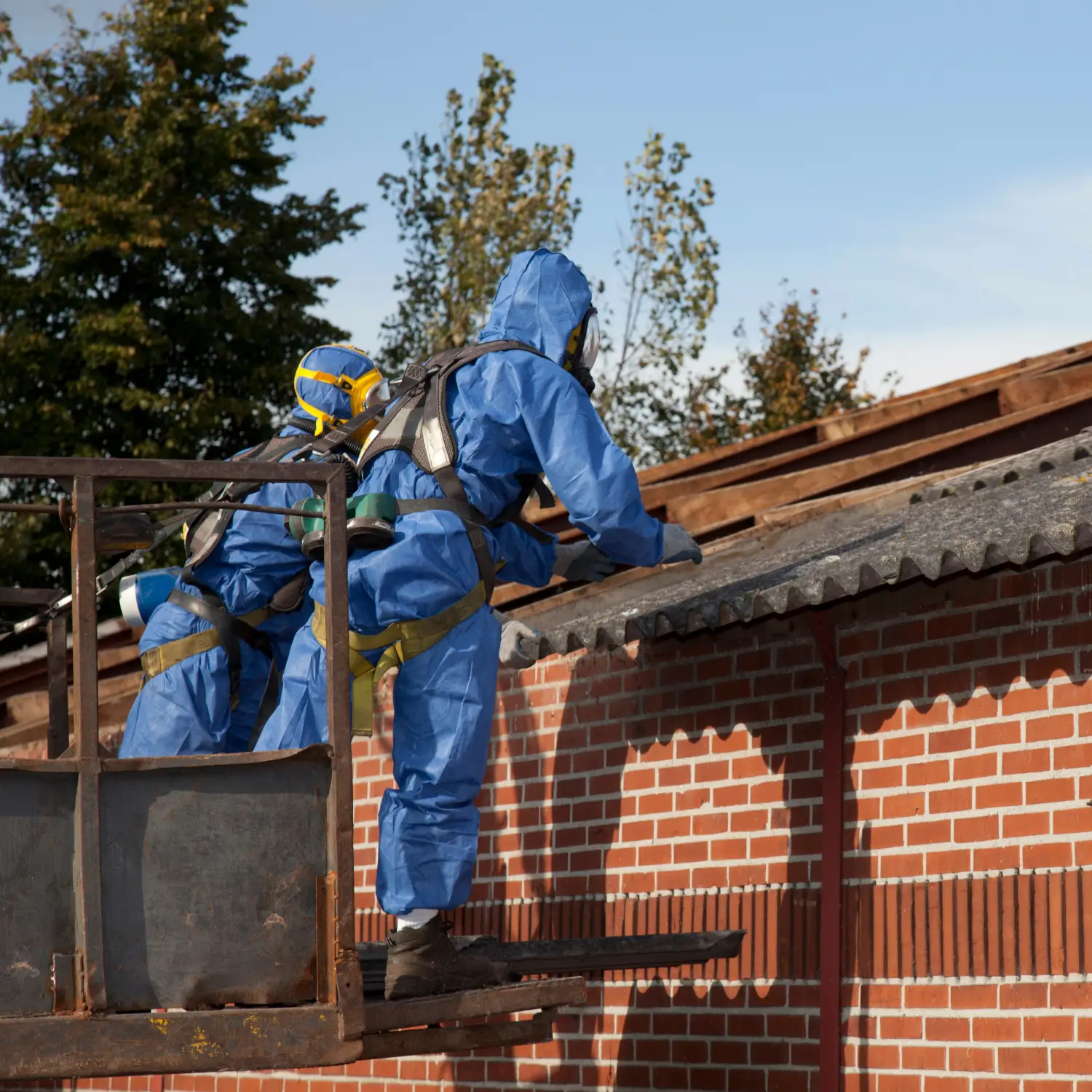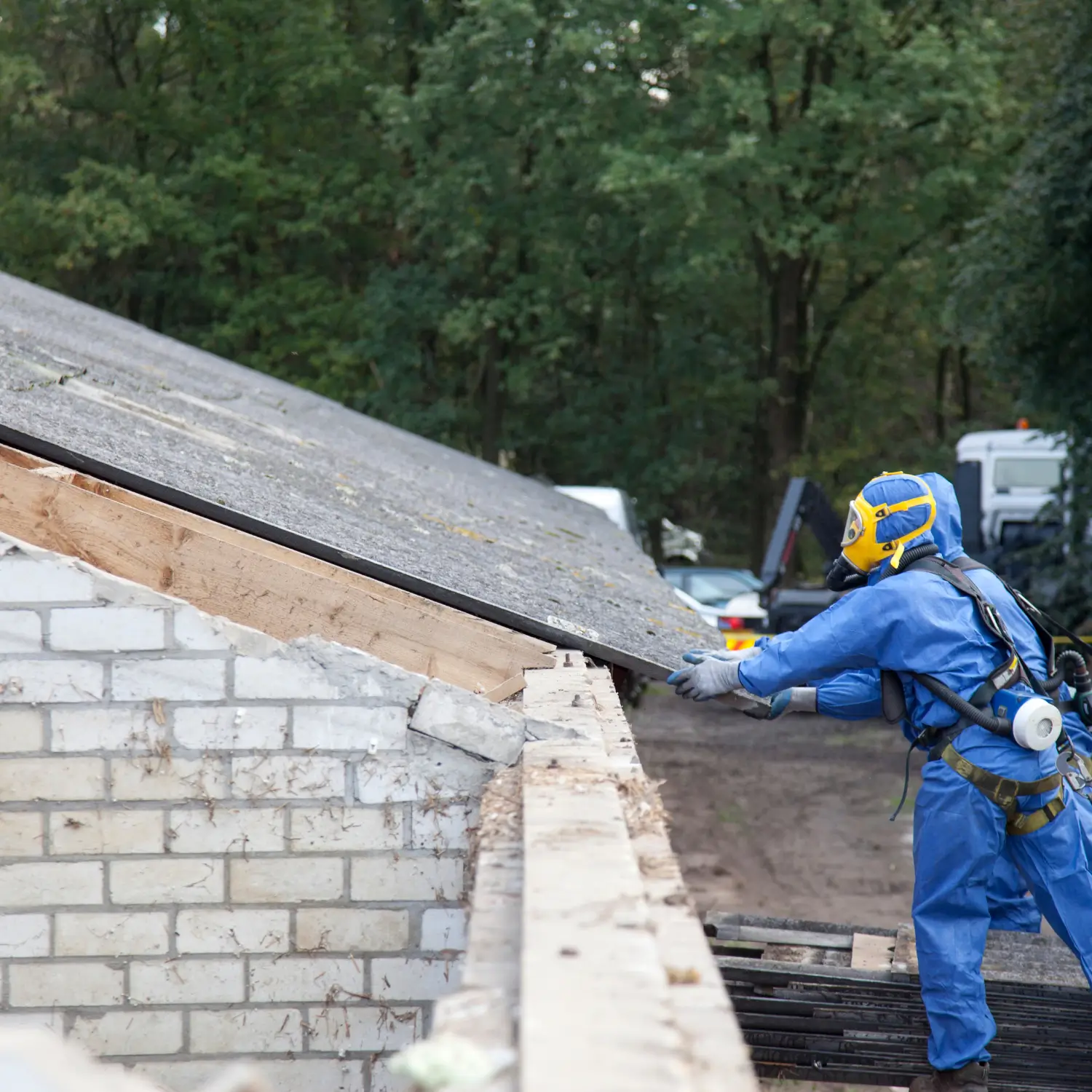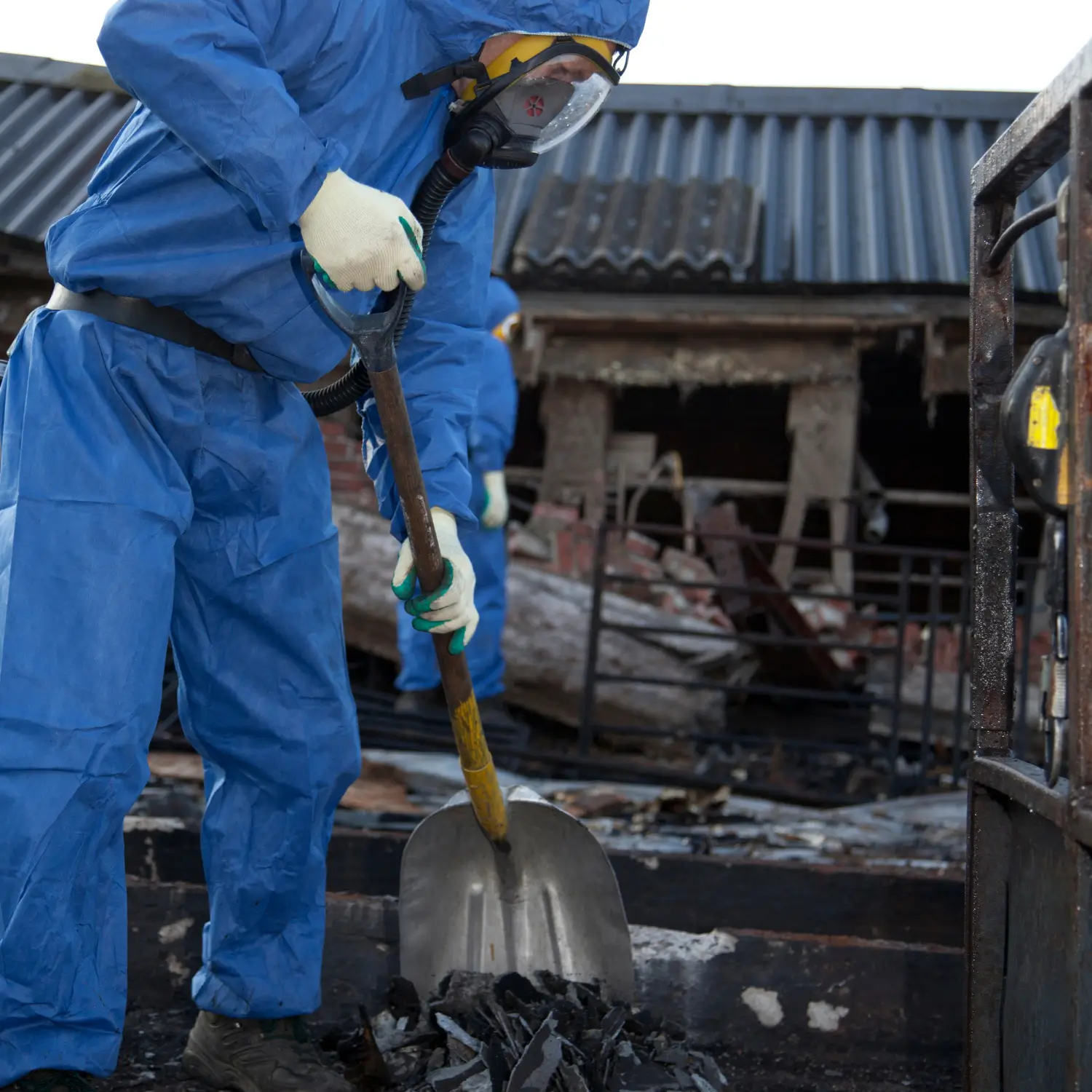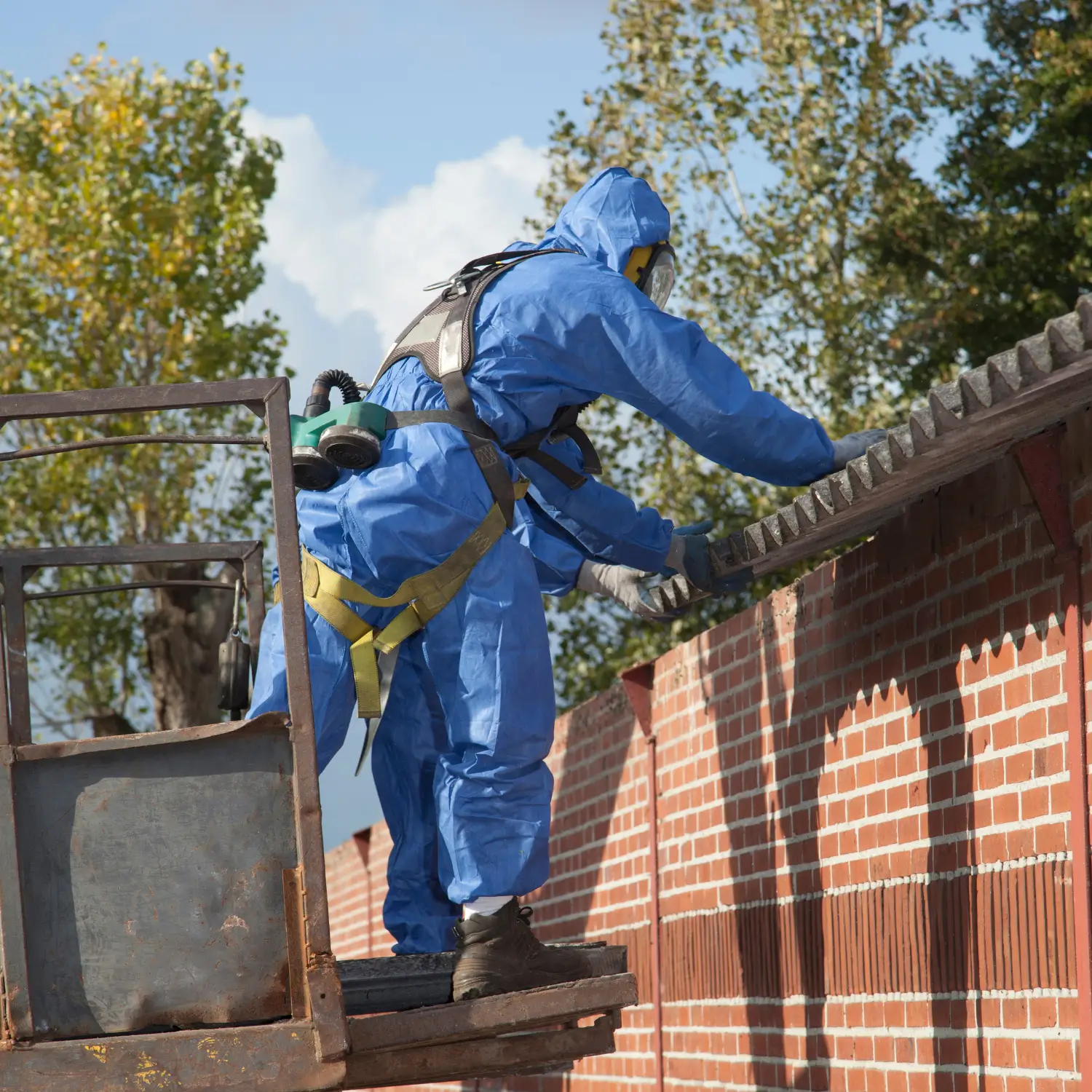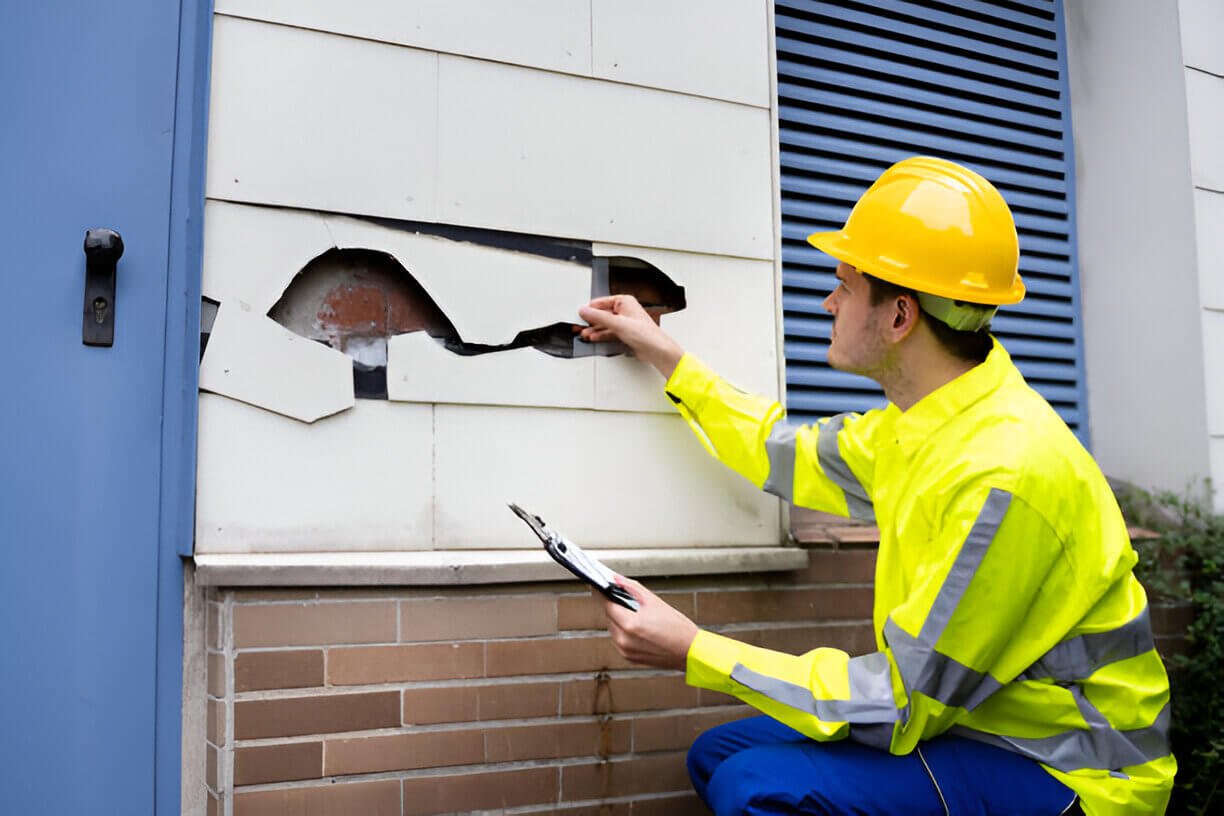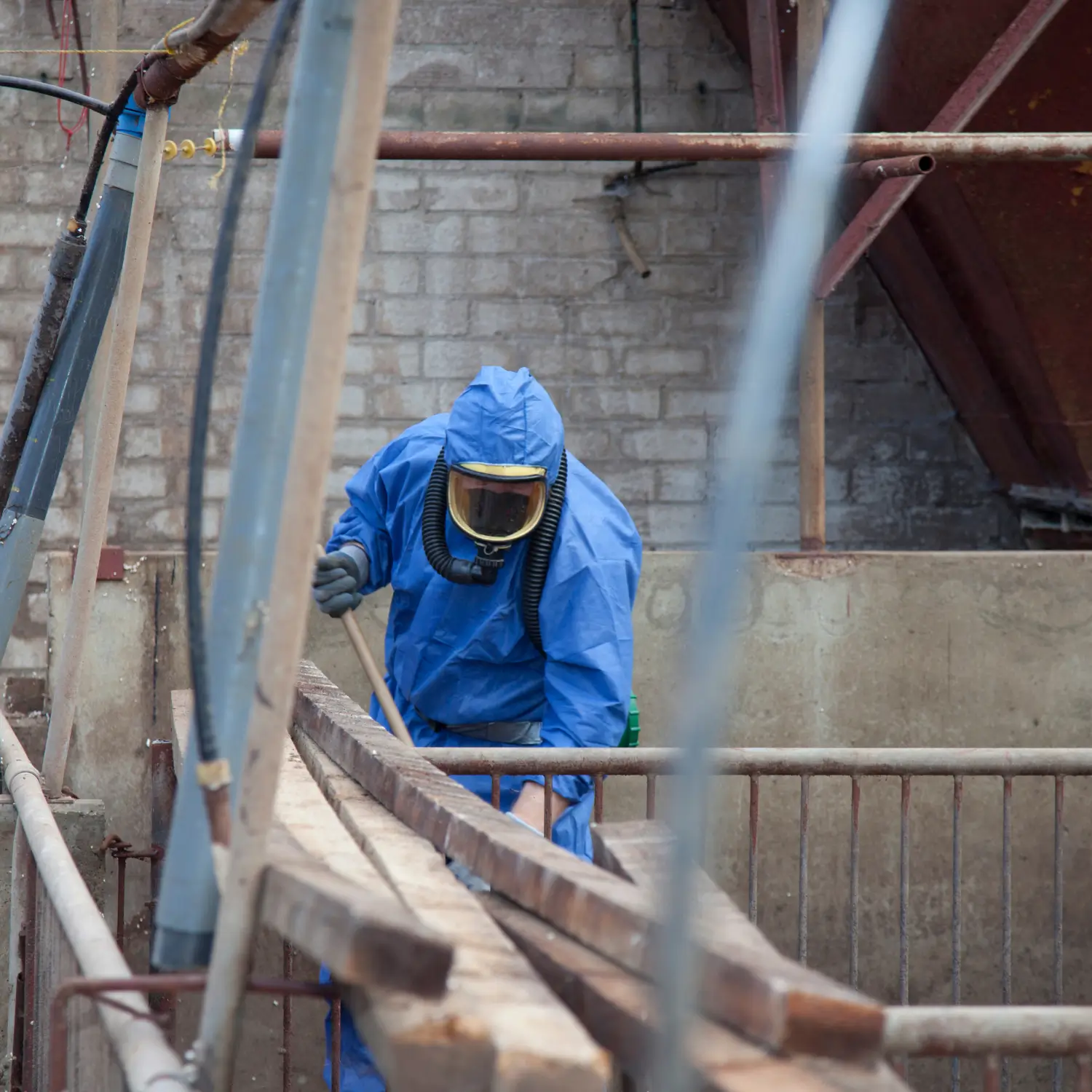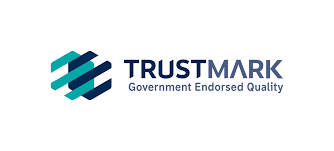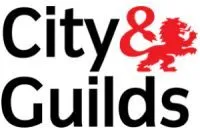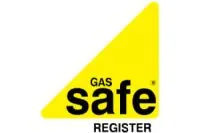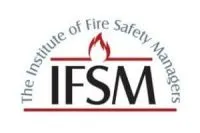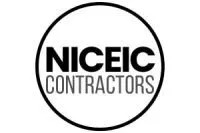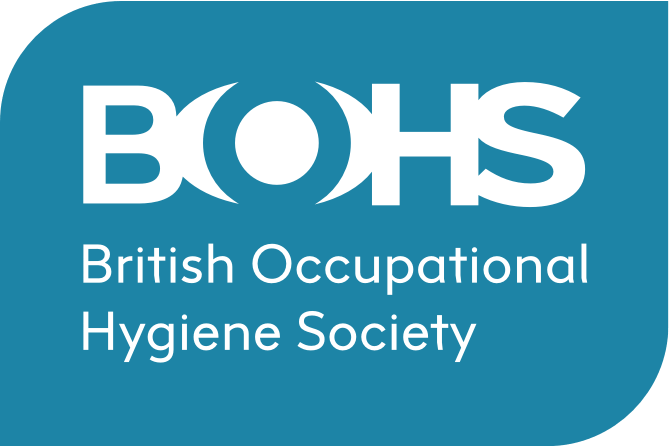After evaluating the cost factors of asbestos surveys in London, another significant consideration is the selection of qualified asbestos professionals. Ensuring that the professionals you engage are skilled and certified is paramount to the safety and effectiveness of the asbestos management london process.
Certification verification should be the initial step in the selection process. Asbestos removal is heavily regulated, and professionals must hold valid certifications that comply with local and national regulations. This ensures they are updated on the latest safety protocols.
Experience assessment also plays a crucial role. Prospective companies should have a well-documented track record of handling asbestos survey london, which can be gauged through client testimonials and service comparisons. These testimonials often provide insight into the company’s ability to handle projects precisely and carefully.
Moreover, the use of advanced technology in detecting asbestos is a significant marker of a company’s competency. Technology not only improves the accuracy of asbestos survey london but also enhances safety measures, reducing risk to both technicians and residents.
Communication skills are also vital. They ensure that the professionals can explain the processes and results clearly and maintain open lines of communication throughout the project timeline.
Insurance coverage is another critical factor. Ensure that the chosen professionals have adequate insurance to cover all aspects of the project, protecting both parties in case of unforeseen circumstances.
Lastly, post-survey support, which includes handling debris and advising on preventing future asbestos issues, is essential for comprehensive service delivery. Proper evaluation in these areas will guide you in choosing the most qualified asbestos professionals for your needs.




















